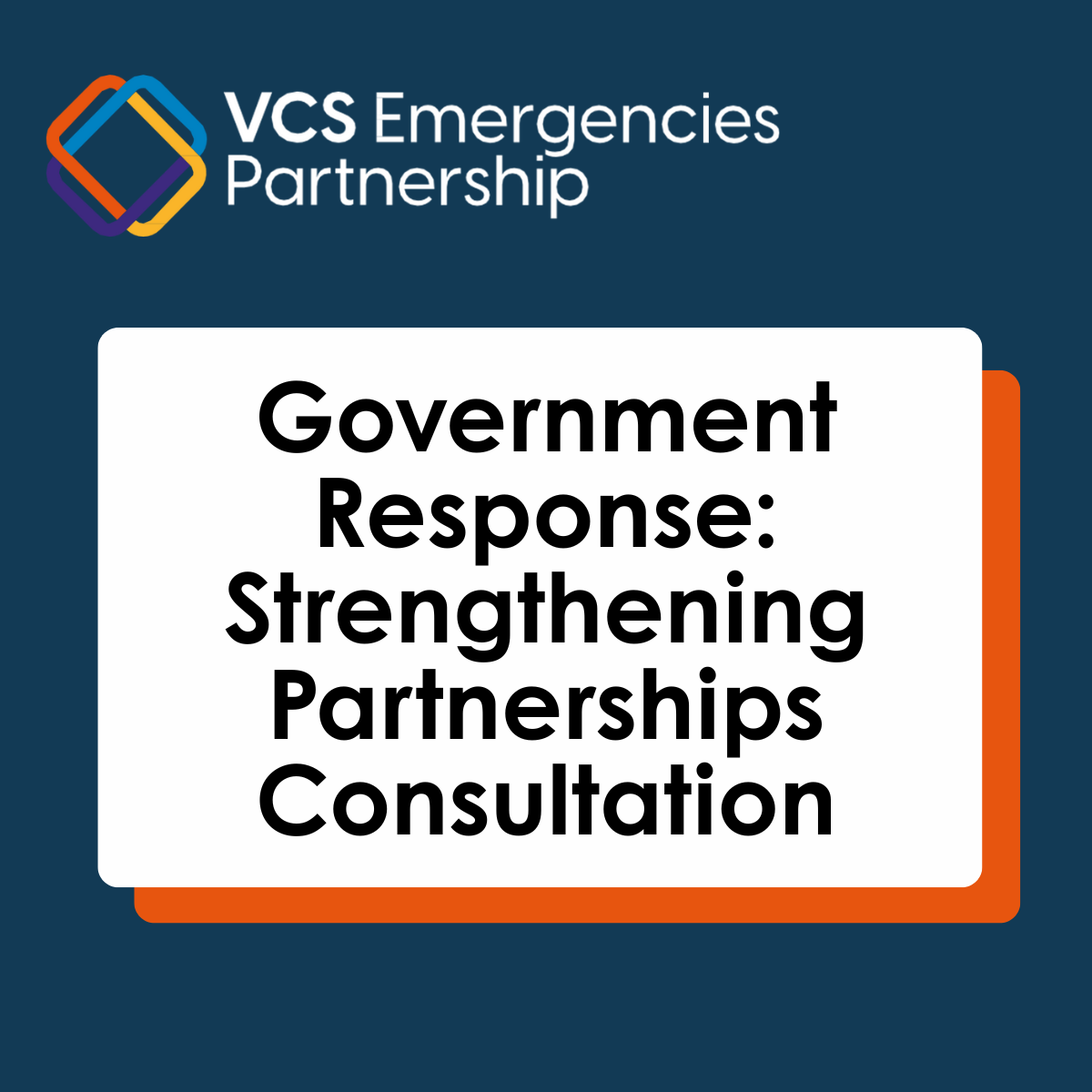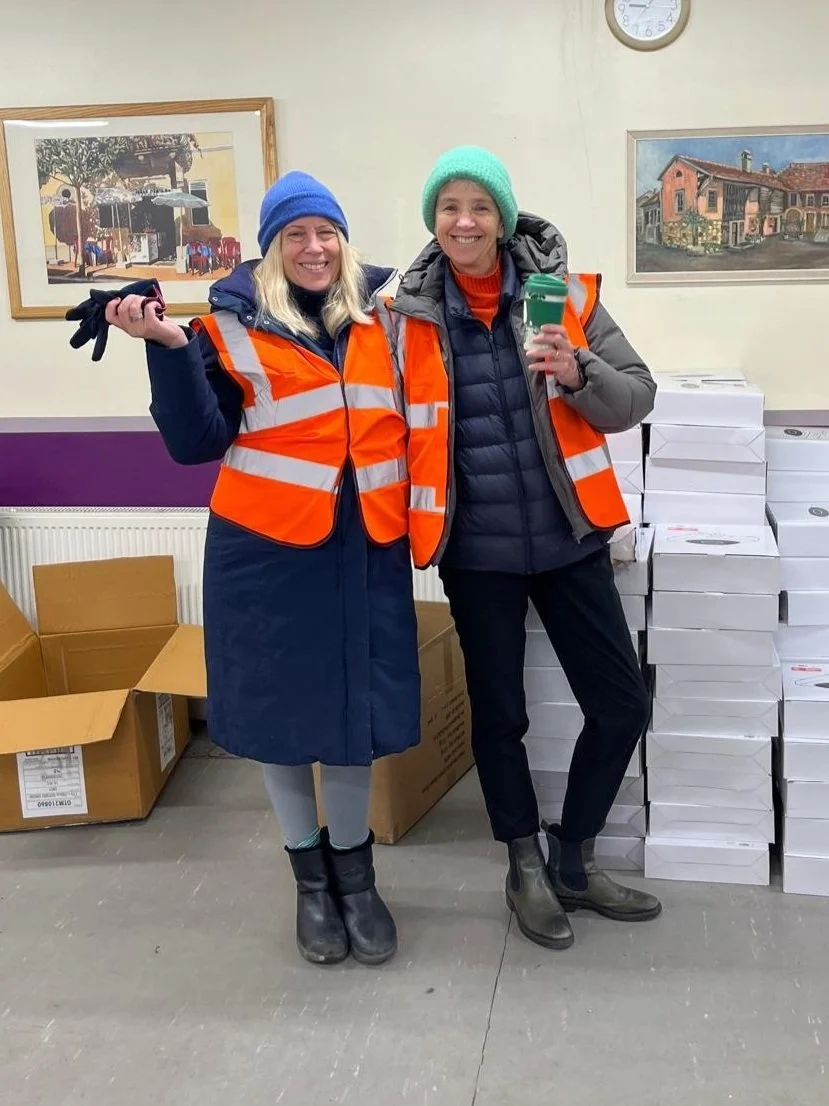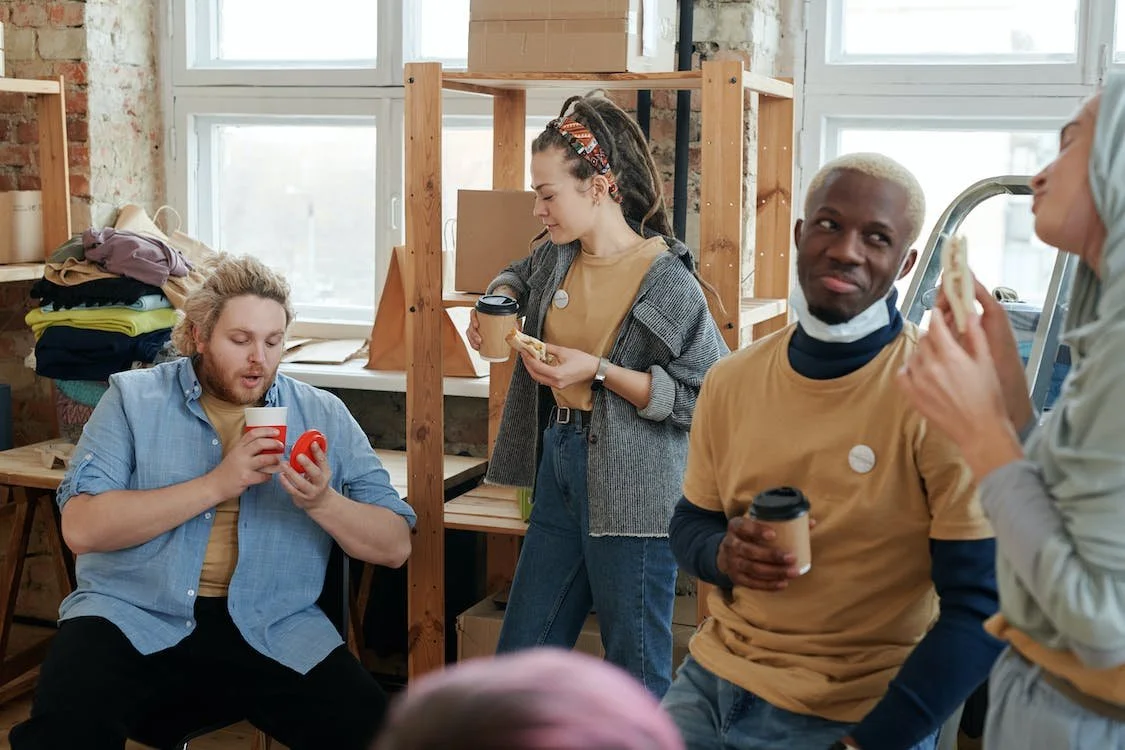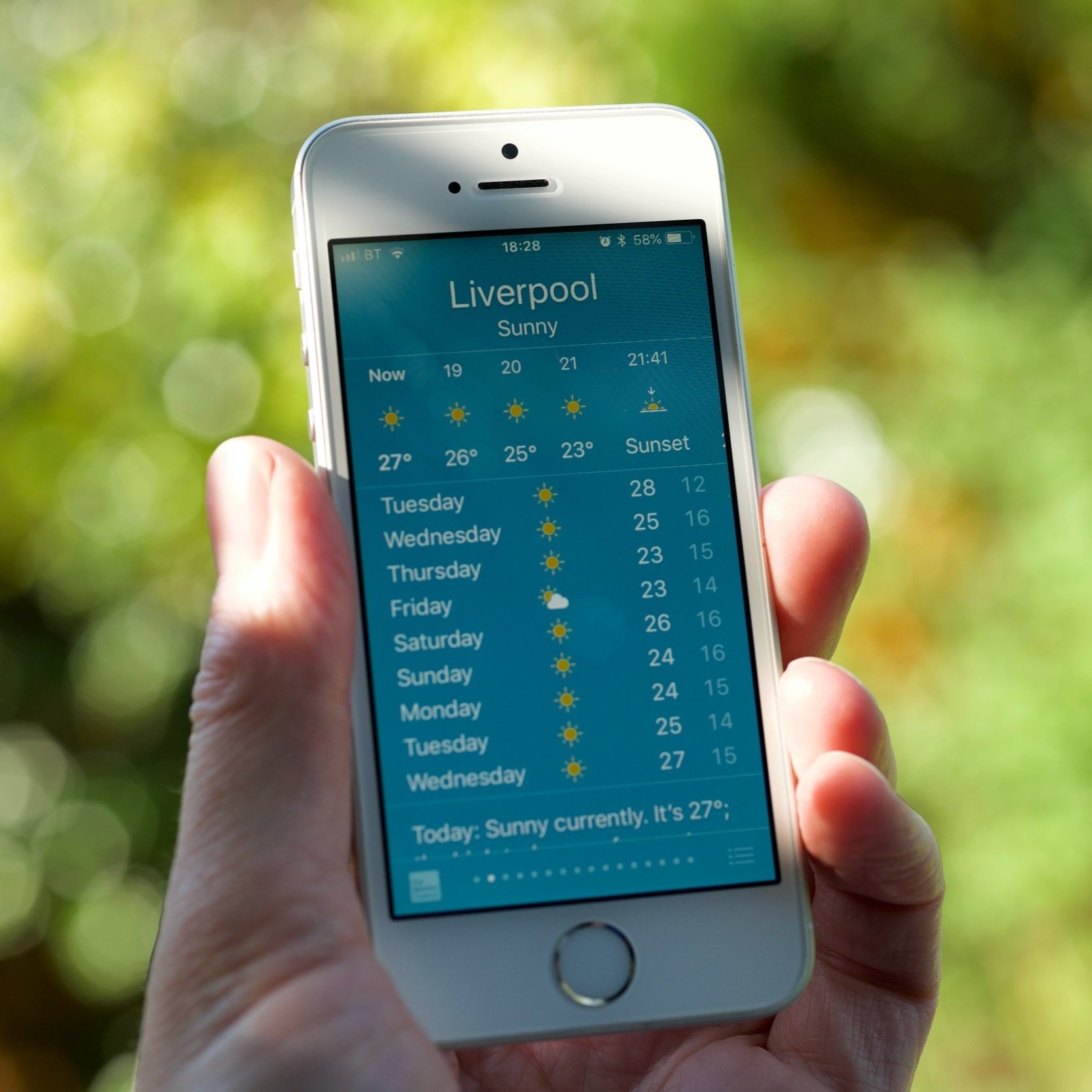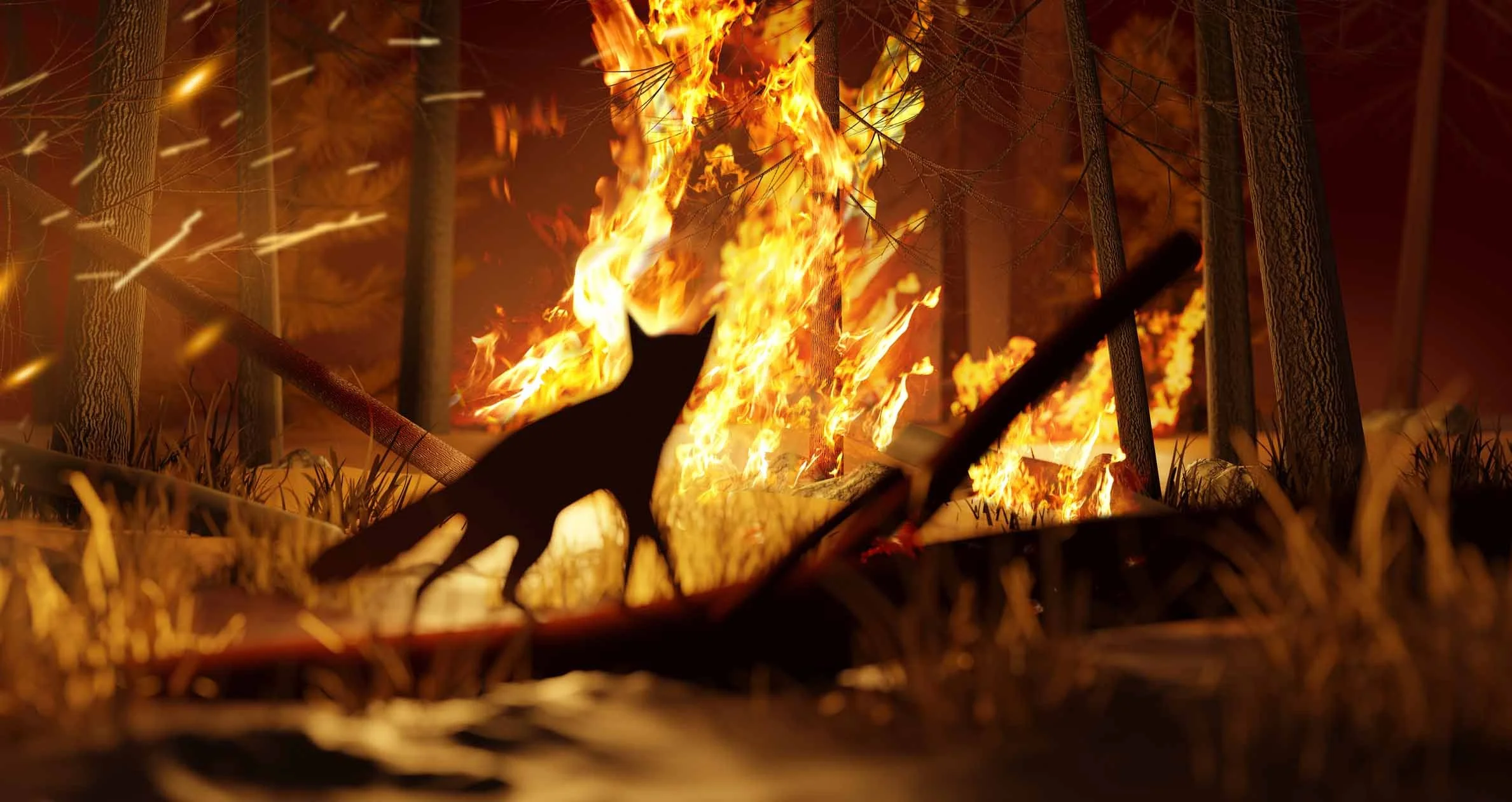Our Insight Lead, Tom Watkins, and Partnership Lead, Becky Maynard, have been reflecting on water whiplash, what this could mean for the months ahead and what actions need to be taken.
Read MoreIn September, the VCS Emergencies Partnership Mental Health Network carried out a tabletop exercise reflecting on the COVID-19 pandemic and how prepared we are for a similar crisis in the future.
Read MoreOur Partnership Lead, Becky Maynard, has been exploring why emergency planning should consider the needs of both owners, and their pets.
Read MoreWe speak with Abubaker Adam and Emily Coatham about their experiences during the response to the Lebanon evacuation in 2024.
Read MoreTo celebrate Volunteers’ Week 2025, our usual Network Call had a volunteer-focused takeover. We were joined by five guest panellists to discuss the role of volunteers in emergencies and lessons identified from previous responses.
Read MoreIn January 2025 a gas outage affected thousands of people in North London in the middle of a cold snap. We’ve chosen Golden Rule Day (April 5), to share this story of how a local multi-faith forum became part of an integrated community response.
Read MoreAs well as helpfully moving the reader on from seeing the voluntary and community sector as a two-dimensional homogenous group, the report talks through the powerful range of skills and capabilities the sector offers in resilience and, quite rightly, calls for civil society’s role not just to be seen as a nice to have, but as a piece of ‘critical national infrastructure’ that attracts respect, involvement and Government investment.
Read MoreThe UK Government’s Civil Society Covenant represents a compelling opportunity to transform the relationship between government and the voluntary and community sector (VCS). In consultation with umbrella bodies NCVO and ACEVO a framework for the covenant has been laid out, committing to collaboration, mutual respect, and shared accountability.
Read MoreHow Suffolk’s LRF and VCS have implemented lessons to better understand each other.
Read MoreAneta Wujek from Communities 1st talks about the lessons the organisation learnt last winter, what they are planning this year, and the need they are anticipating for the coming months.
Read MoreFollowing discussions with partners and internally, one of the lessons drawn out from the heatwaves of 2022, was that many are unaware of the indirect or secondary impacts that heatwaves can have. By identifying these, and the communities who may be most affected, we can take action to try and mitigate the impacts, educate people, and potentially reduce the risk of the secondary emergency happening.
Read MoreOur May 2023 bulletin focused on Emergencies Partnership's response to the people fleeing the conflict in Sudan, planning for extreme weather, counterterrorism, and the continuing cost-of-living crisis.
Read MoreOn World Meteorological Day we look at the changes Heatwaves and Flooding have had in the UK in recent years and also how the Cost of Living crisis is now adding to the erosion of resilience and what VCS organisations need to do to help their communities prepare for these shocks.
Read MoreEmergencies Partnership Director, Robyn Knox attended and spoke at the National Consortium for Societal Resilience – 2023 Conference, with the collective challenge in the room being the pathway to turn a national ambition for societal resilience into reality at a local level. With representatives from academics, voluntary sector, business, health, national government representatives alongside local authority and resilience representatives, Robyn shares her reflections and key takeaways for VCS partners
Read MoreFind out how organisations from the Emergencies Partnership came together to help increase the number of volunteers to support the Felix Project during the busy Christmas season
Read MoreAt a panel discussion in January 2023, a number of our partners shared their experiences, good practice and lessons learnt from running Warm Spaces for their communities. We also interviewed Aneta Wujek, Policy and Networks Coordinator at Communities 1st, about their experiences of warm spaces and what they are learning about the challenges facing people in their communities.
Read MoreAddressing emergencies in London is demanding. The scale and complexity of the city, as well as the huge range and diversity of its charities and community groups, requires significant resources, knowledge and information sharing. It also needs organisations with expertise in emergency response as well as charities and groups with vital local knowledge about communities who can apply this when an emergency strikes..
Read MoreGiven the unpredictable nature of emergencies, Regional Engagement Manager — Becky Maynard writes about the importance to making the connections before we need them
Read MoreCEO of CAN, Karen Loftus talks to Georgia Allen about impact that volunteers can have and how it is important their service is never taken for granted
Read More
